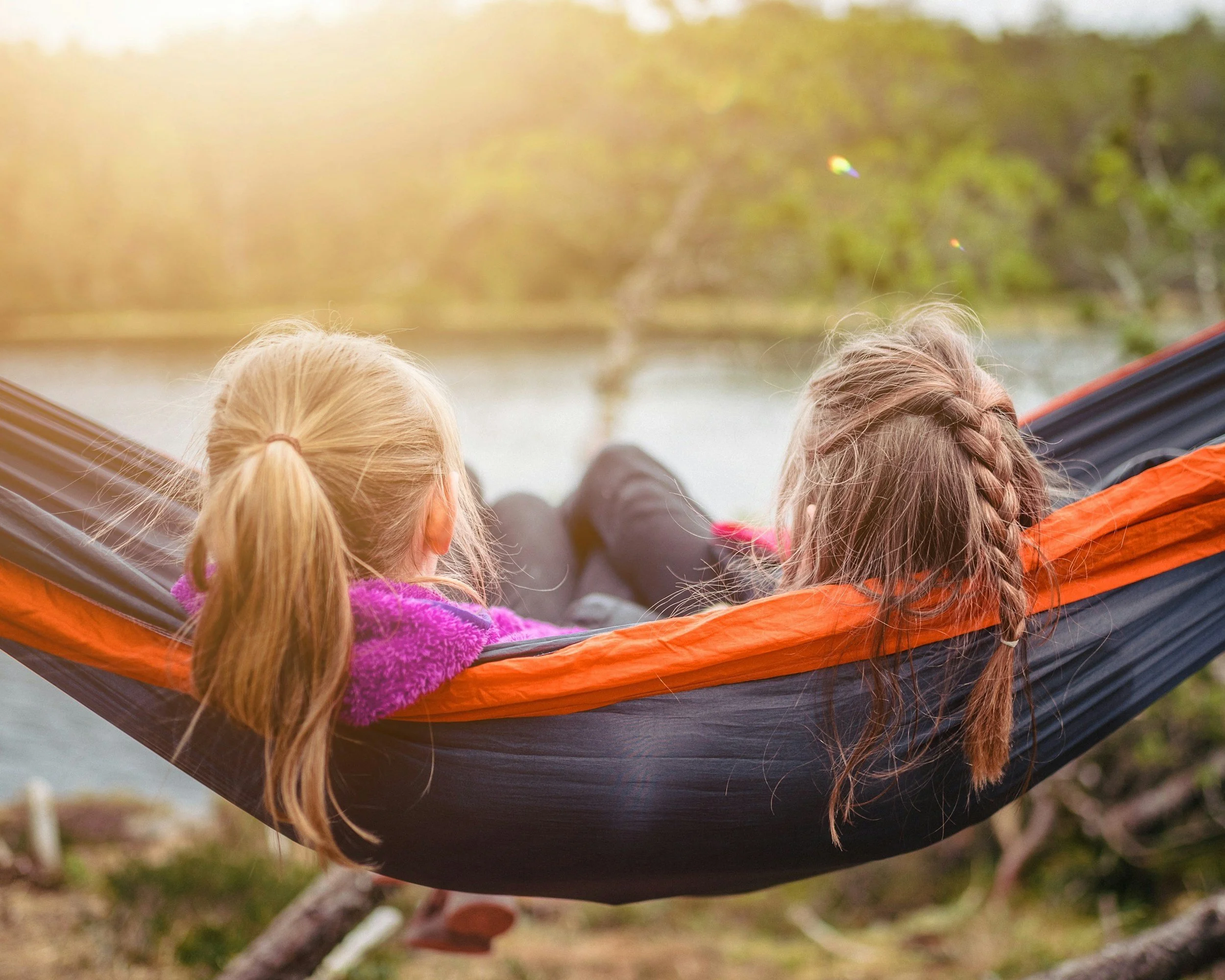1. Academic Performance
Enhanced Learning Outcomes: Studies have documented increased school performance through outdoor education, with research showing improved standardized test scores, enhanced attitudes about school, and better in-school behavior.
2. Social and Emotional Development
Improved Social Skills: Outdoor education programs have been associated with positive effects on social dimensions, including better cooperation and communication among students.
Emotional Resilience: Forest schools provide nurturing environments that operate at the child's own pace, fostering emotional resilience and self-belief.
3. Mental Health and Well-being
Reduced Stress and Anxiety: Regular exposure to natural settings in forest schools is linked to lower stress levels and improved mood among children.
4. Physical Health
Increased Physical Activity: Outdoor learning environments encourage more physical activity, contributing to better physical health and fitness in children.
5. Connection to Nature and Environmental Stewardship
Environmental Awareness: Participation in forest schools fosters a deeper connection to nature and a sense of environmental responsibility among students.
Integrating outdoor learning experiences through forest and nature schools can significantly benefit K-5 students' academic achievements, social skills, emotional well-being, physical health, and environmental awareness.
Research Studies & Academic Papers
Taylor, A. F., & Kuo, F. E. (2009). "Children With Attention Deficits Concentrate Better After Walks in a Park"
Found that children with ADHD exhibited fewer symptoms after spending time in green spaces.
Kuo, F. E. (2015). "Nature and Children’s Attention: A Quasi-Experimental Study"
Demonstrates that time in nature can improve attention and executive function in children with ADHD.
van den Berg, A. E., Maas, J., Verheij, R. A., & Groenewegen, P. P. (2010). "Green space as a buffer between stressful life events and health"
Shows how access to green spaces reduces stress, which is critical for neurodivergent children.
Berman, M. G., Jonides, J., & Kaplan, S. (2008). "The Cognitive Benefits of Interacting With Nature"
Examines how natural environments restore cognitive function and reduce mental fatigue.
Books on Nature-Based Learning & Neurodiversity
“Balanced and Barefoot” by Angela J. Hanscom
A pediatric occupational therapist explains how outdoor play supports sensory integration and attention in children.
“Last Child in the Woods” by Richard Louv
Introduces the concept of “nature-deficit disorder” and argues for the importance of outdoor education.
“The Self-Driven Child” by William Stixrud & Ned Johnson
Highlights the benefits of self-directed learning and autonomy, which aligns with outdoor, child-led education.
Articles & Reports on Outdoor Education & Neurodiversity
National Wildlife Federation (NWF): "The Power of Outdoor Learning"
Explores how outdoor experiences improve attention, social skills, and emotional regulation.
Read here
Children & Nature Network: "Nature-Based Learning and ADHD"
A summary of research findings on how nature benefits children with ADHD.
Read here
Forest School Association: "How Forest School Supports Neurodivergent Learners"
Details how outdoor schools meet the needs of neurodiverse students.
Videos & Documentaries
“Nature Play: Take Childhood Back” (Documentary)
A film about Scandinavian forest schools and their impact on child development.
TED Talk: “Why Our Kids Need More Nature” by Scott Sampson
Explains the cognitive and emotional benefits of outdoor play.
Watch here
“When a flower doesn’t bloom, you fix the environment in which it grows, not the flower.”
“If you’re always trying to be normal, you will never know how amazing you can be.”
“Play is the highest form of research ”
“Nature is a tool to get children to experience not just the wider world, but themselves. ”
Contact us
Reach out at any time with questions. We are happy to help!


